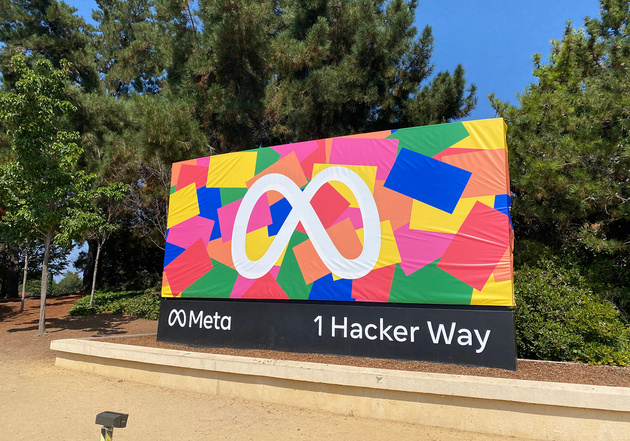
Photo/Zheng Yuhang (NBD)
NO.1 GPT-5 Expected to Launch in Summer
Recently, foreign media leaked that GPT-5 is expected to be launched this summer, with some corporate clients having already experienced a demo of the latest model and its accompanying enhanced features. One tester stated that OpenAI has fine-tuned and customized the model according to specific business scenarios and data of enterprises, demonstrating not only outstanding performance but also some unreleased features, such as the ability for AI agents to autonomously complete tasks. Currently, OpenAI is intensively training GPT-5. In a recent interview, OpenAI CEO Altman mentioned that GPT-5 will bring a leap in capabilities similar to that from GPT-3 to GPT-4, and a series of cool products are expected to be released before GPT-5.
Commentary: This showcases OpenAI’s leading position in the AI field, heralding significant advancements in AI technology and its expanding application across industries.
NO.2 Meta to Be the First to Use B200 Chip
Following NVIDIA’s release of the new generation Blackwell architecture AI GPU chip B200, Meta recently announced that the company expects to receive the new Blackwell product later this year and will quickly apply it to train the company’s latest AI model, Llama. NVIDIA’s CEO Jensen Huang previously revealed that this product is expected to be delivered in the latter part of this year, with a price range estimated between $30,000 to $40,000.
Commentary: Meta’s adoption of NVIDIA’s B200 chip reflects the company’s demand for high-end AI hardware and is expected to accelerate its AI research and development process.
NO.3 Novo Nordisk Foundation to Collaborate with NVIDIA
The Novo Nordisk Foundation recently announced a collaboration with NVIDIA to build an AI supercomputer named Gefion in Denmark, aimed at discovering new drugs and treatment methods for use by researchers in Denmark’s public and private sectors. Gefion will consist of 191 NVIDIA DGX H100 systems, with a total of 1528 NVIDIA H100 Tensor Core GPUs and 382 Intel Xeon Platinum CPUs, connected through NVIDIA’s Quantum-2 InfiniBand network platform.
Commentary: The establishment of an AI supercomputer by the Novo Nordisk Foundation is a prime example of the integration of high-performance computing in pharmaceutical research, aiding in the acceleration of drug discovery.
NO.4 SpaceX May Launch Starship Again Within Six Weeks
SpaceX President Shotwell recently stated that the company should be able to launch the Starship again in about six weeks. The team is still reviewing data from the last flight, and the fourth test flight will not carry satellites. The Federal Aviation Administration has indicated that no significant issues were found with the previous Starship launch, but SpaceX still needs to conduct an accident investigation. SpaceX aims to launch the Starship 6 to 9 more times this year.
Commentary: SpaceX’s rapid iteration and launch plans reflect its ambition in space exploration and its strategy to address technological challenges.
NO.5 Fei-Fei Li Finds It Hard to Imagine Setting Up a Separate AI Regulatory Body
On March 19th, Stanford University Professor Fei-Fei Li and NVIDIA’s Chief Scientist Bill Dally engaged in a conversation at NVIDIA’s GTC conference. Li stated that AI will profoundly impact the essence, capabilities, and definition of humanity, with boundless influence in fields such as healthcare, transportation, education, and software engineering. She firmly believes that regulation plays a role, but AI, to some extent, is akin to electricity or computers, making it difficult to imagine establishing a separate regulatory body for them.
Commentary: Professor Li’s perspective emphasizes the complexity of AI regulation and the profound impact of AI technology on various societal domains.
Disclaimer: The content and data in this article are for reference only and do not constitute investment advice. Verify before using.


 川公网安备 51019002001991号
川公网安备 51019002001991号





